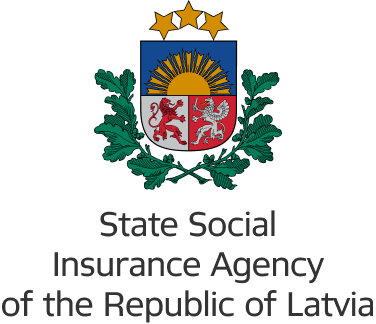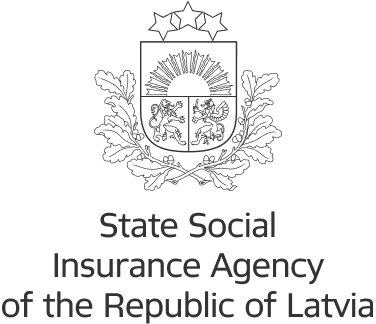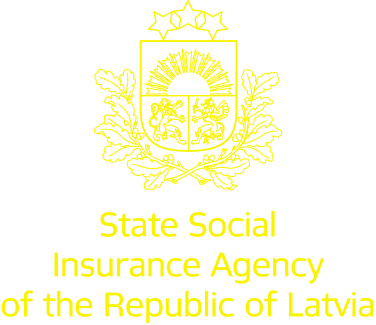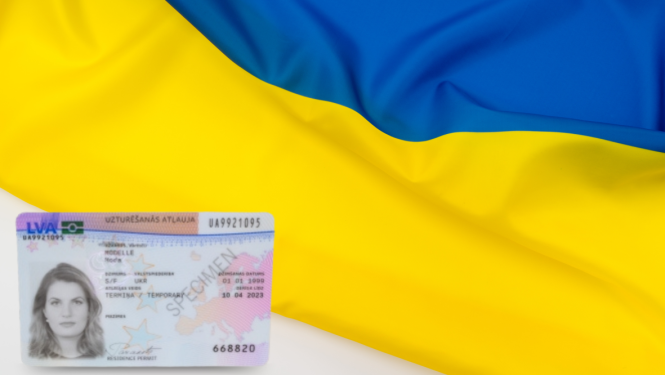In 2026, there are changes to the amounts and conditions for granting several services, as well as changes regarding social security contributions.
In 2026, there are changes to the amounts and conditions for granting several services, as well as changes regarding social security contributions.



